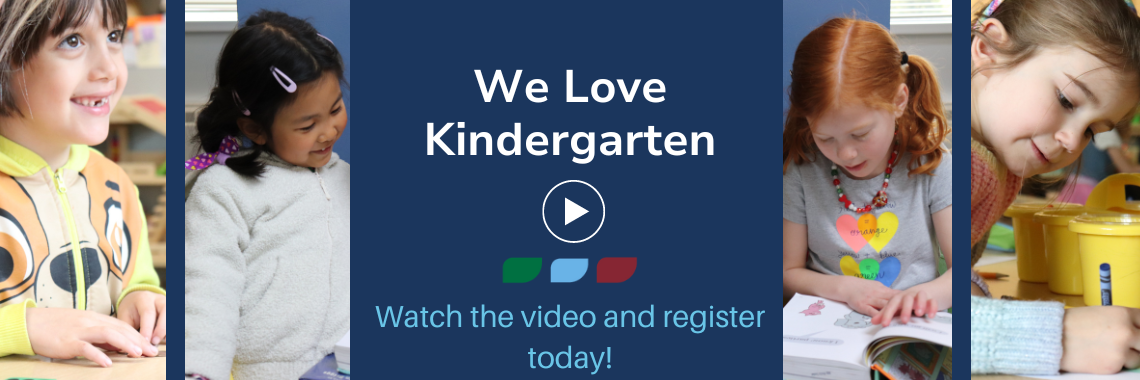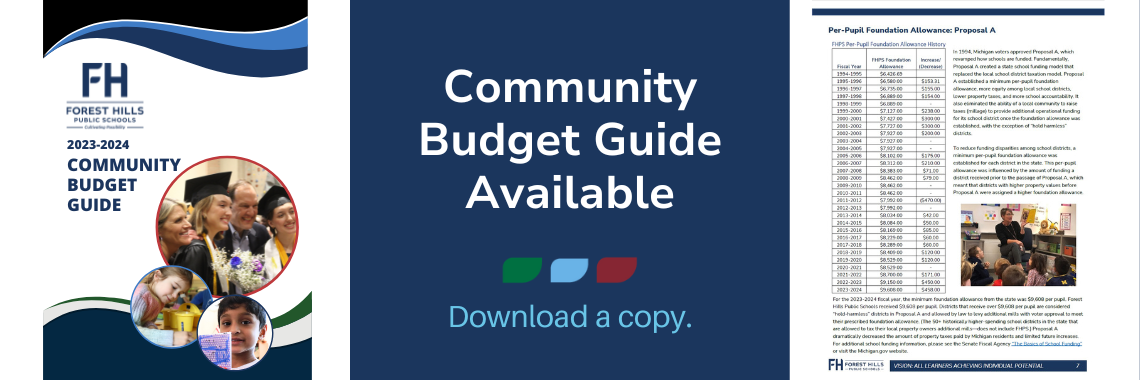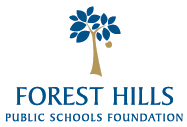
Your school community cares about you and your family. Please let us know how we can help.
Where to Turn if You Need Help
School Counselors and Social Workers
FHPS has school counselors and social workers here to continue to support our students and families. Please email your child’s school staff listed below for additional assistance.
Mental Health Liaisons
In addition to FHPS school counselors and social workers, FHPS has three mental health liaisons to assist students and families. They assist the district in mental health initiatives and are able to provide direct assistance to students and families with a variety of services including direct referrals for mental health support, connection to community resources, and assistance in times of crisis.

Mattie DeBoe
Mattie serves the Eastern district attendance areas and Goodwillie 5/6 School. Prior to joining FHPS, Mattie worked as a child and family therapist at both the home-based and outpatient levels of care. She has a passion for working with children who have experienced trauma and helping to meet their social and emotional needs. Mattie believes that if the social and emotional needs of the child are prioritized and adequately met, then they can then be successful learners in the classroom.

Jon Haeffele
Jon serves the Northern district attendance area in addition to the Transition Center. Before joining the FHPS team, he worked as a child and family therapist in both home-based and outpatient programs. This experience helps him assist others navigating through school, mental health, child welfare, and juvenile justice issues. In his clinical work, he has focused extensively on complex trauma and its effect across generations. This process has included working with youth who were psychiatrically hospitalized, detained for criminal charges, or removed from the home due to severe emotional/behavioral issues. Most recently, he transitioned from providing therapy at one of Pine Rest’s outpatient clinics. He is passionate about utilizing data to improve mental health programs and is excited to join Forest Hills’ dedication to serving the whole child.

Alexandra Gehan
Alex serves the Central district attendance area. Before coming to FHPS, Alex worked at Pine Rest on the child and adolescent inpatient unit with children and their families. She enjoys working with children and being able to work alongside them throughout their formative years. Alex recognizes the challenges that kids face at school and home and understands the importance of supporting them in all aspects of their lives.
Additional Resources
Using Restorative Practices to Help Children Understand and Process Cancellations, Changes, and their Impact
Restorative questions can be used to help facilitate a discussion about this school year. These questions are designed to allow students to voice their thoughts and feelings. Adults can be supportive and reassuring without trying to “fix” things. Validate your child’s’ concerns, even if you don’t fully understand or agree; this is a listening activity. If necessary, you may ask questions that allow for expanded responses, such as, “Tell me more about that…” or “Is there anything else you’d like to add?” Allow everyone, even the adults, the opportunity to share.
Many FHPS staff are trained in Restorative Practices and use this language in our schools. So, the format of the questions will be familiar to many students. The questions can be adapted for nearly any situation, i.e., job loss, health concerns, fear/uncertainty about the future. The questions are as follows:
- What did you think when you realized _______________ was cancelled?
- What impact has this had on you and others?
- What has been the hardest thing for you?
- If you could get together or things could change, what would you do or say?
- What would you like to see three months from now?
Tips for Supporting Your Child Through Grief and Loss
It is difficult to think or talk about death. Experiencing loss during a national pandemic creates even additional and unique challenges. Many of the traditional ways of processing grief will look different due to social distancing requirements. This will be an adjustment for all. We are hopeful that the suggestions and resources below will be helpful as you and your child process this loss.
- It is important to talk about death even though it is hard. Allow your child to ask questions and answer truthfully. It is also okay not to have all the answers.
- Expect that your child may exhibit mood swings, struggle with emotional expression and require reassurance that they are safe. It’s normal for everyone to have different feelings – fine and happy at times or sad or even mad at other times.
- Be available to process feelings with your child. Validate their feelings using phrases such as “I can see why you would feel that way.”, “It is ok to feel that way.”, or simply “Tell me more about what makes you feel that way.”
- Encourage self-care for both yourself and your child. Model ways to take care of yourself through physical exercise, spending time with family pets, music, etc.
- Allow choice regarding how or if your child would like to be involved in events that are planned in celebration of the life that was lost.
- Dedicate time to put down electronic devices and talk. We are in the midst of a time where everyone is working hard to stay connected virtually, while connection is key to feeling part of a community of support it is also important to set healthy boundaries with screens.
If you would like additional support or have concerns about your child please reach out to a FHPS counselor or mental health liaison. Contact information is provided at the top of this page.
Strategies for Self Care
- Eat healthy foods
- Stay physically active
- Get regular sleep and rest
- Create a sense of structure and routine in daily life. You can do this by having regular times (Monday through Friday to wake up, eat, do school work, exercise/go outside, clean up around the house, have free time, and go to bed.
- Connect socially with friends and family, while maintaining physical distance
- Practice hobbies that have brought you joy in the past, or relaxation techniques that have worked for you before.
- Limit the amount of news you take in online or through television. Just like we monitor and adjust our food intake based on what our bodies need/can handle, in this situation we all need to monitor our news intake.
- Focus on what you can control, washing your hands, maintaining social distance, etc.
Grand Rapids Mental Health Agencies
877 Forest Hills Ave. Suite C, Grand Rapids, MI 49546
To schedule a new appointment for outpatient therapy call 616-455-5000.
790 Fuller Ave., Grand Rapids, MI 49503
Open 24/7 for mental health crises.
To schedule an assessment for ongoing services call 616-336-3909.
1055 Medical Park Dr. SE, Grand Rapids, MI 49546
Toll-Free Phone: 800-949-8439
Local Phone: 616-942-9610
Anyone can report tips on criminal activities or potential harm directed at students, school employees, or schools.
Tips can be submitted 24-hours-a-day, seven-days-a-week.








